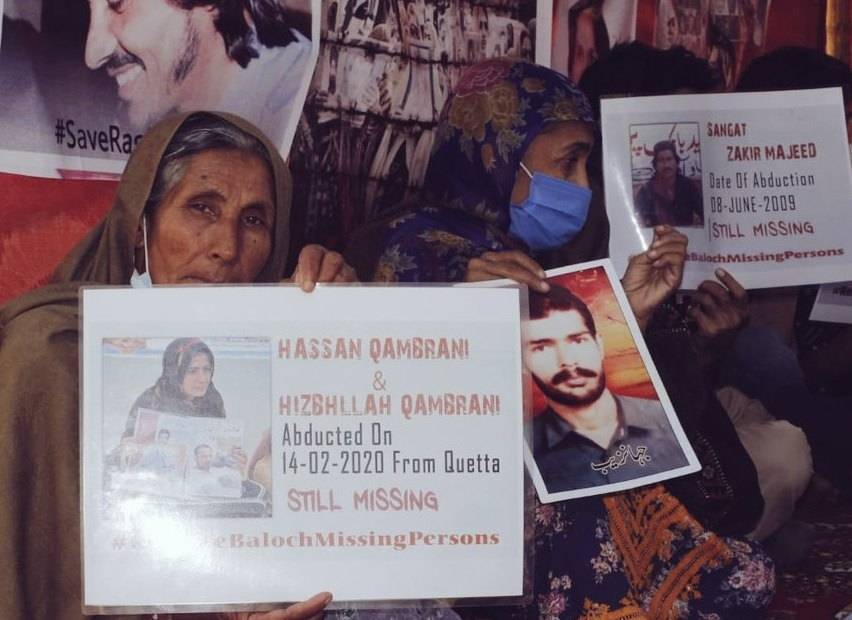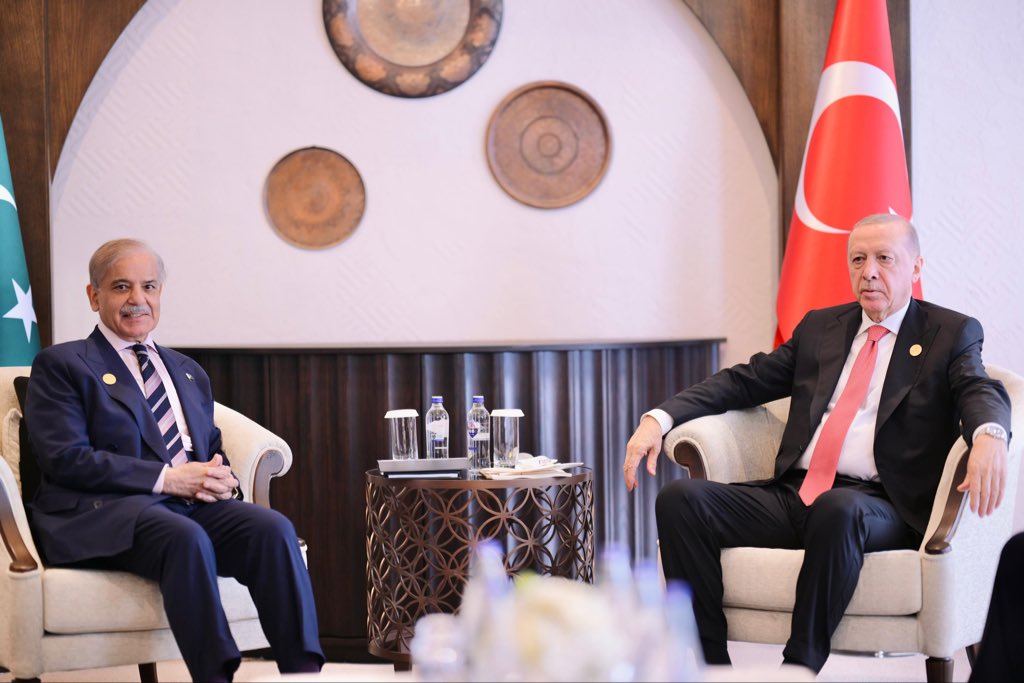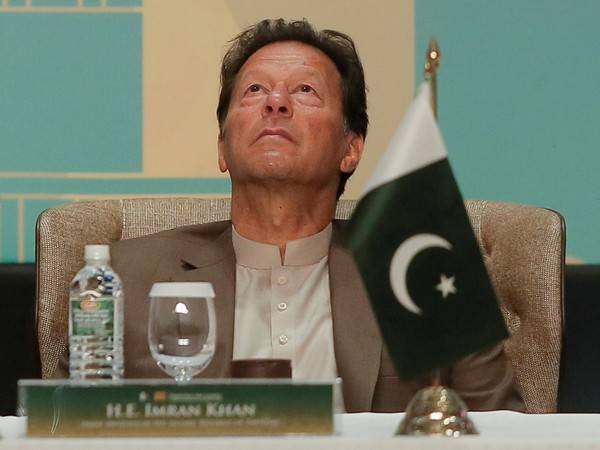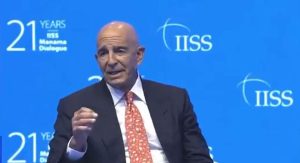World Sindhi Congress USA-Director Dr Saghir Shaikh presented the current status of enforced disappearances in Sindh and informed that disappearances persist in the region….reports Asian Lite News
The World Sindhi Congress (WSC) held a meeting with the UN Working Group on Enforced and Involuntary Disappearances (WGEID) during which they highlighted the current status of enforced disappearances in Sindh province of Pakistan.
“Young people are abducted from their homes and produced by the state months later with false charges to keep them in prison,” the WSC said in a statement.
The meeting took place on September 29. The WSC raised the case of Syed Zain Shah, against whom a terrorism case has been registered for democratically organising demonstrations in Bahria Town.
The WGEID Chairman pledged to continue following up on the cases of missing Sindhi persons. The WSC thanked the WGEID and said it will continue advocating and working with the UN for the victims’ release.

World Sindhi Congress USA-Director Dr Saghir Shaikh presented the current status of enforced disappearances in Sindh and informed that disappearances persist in the region.
Enforced disappearance has been used as a tool by the Pakistani state to silence the minority communities. While countless abductees have been killed, many of them are still facing inhuman torture in army secrets cells, Dawn reported.
Islamabad has been discriminating against its religious minorities, which is manifested in various forms of targeted violence, mass murders, extrajudicial killings, abduction, rapes, forced conversion to Islam, among other things making the Pakistani Hindus, Christians, Sikhs, Ahmadiyyas, and Shias one of the most persecuted minorities in the region.
The 2020 report International Religious Freedom released by the United States earlier this year highlighted a downward spiral of religious expression in Pakistan, most notably in the form of blasphemy laws, punishment for which ranges up to the death penalty.
Citing civil society reports, the IRF report mentioned that there were many individuals imprisoned on blasphemy charges, at least 35 of whom had received death sentences, as compared with 82 individuals imprisoned on blasphemy charges and 29 who received death sentences in 2019. (ANI)













